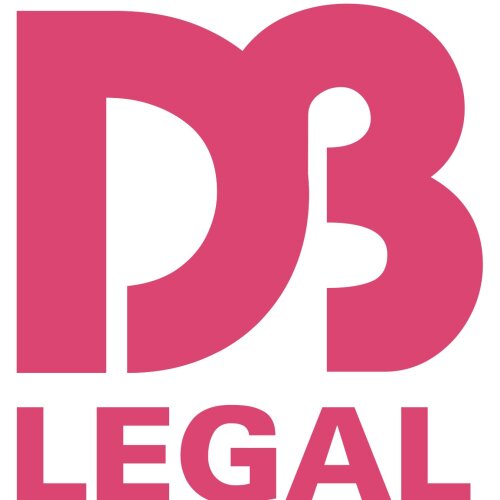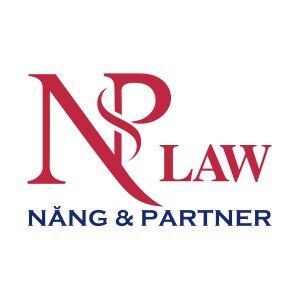Best New Business Formation Lawyers in Hanoi
Share your needs with us, get contacted by law firms.
Free. Takes 2 min.
List of the best lawyers in Hanoi, Vietnam
About New Business Formation Law in Hanoi, Vietnam
The legal framework for new business formation in Hanoi, Vietnam involves various rules and regulations pertaining to investment law, tax law, labor law, anti-trust law, and environmental law, among others. The Vietnamese government is constantly amending these laws and regulations to encourage entrepreneurship and facilitate ease of doing business. The primary legal document used in business formation is the Enterprise Law. The process involves registering the business, obtaining licenses and permits, and meeting tax obligations.
Why You May Need a Lawyer
Setting up a new business in Hanoi may involve navigating a complex legal system. From deciding the type of entity and completing the required paperwork to ensuring compliance with local laws and regulations, every step can be a challenge. A lawyer can guide you through the incorporation process, help understand the tax implications, and ensure the protection of your intellectual property. If your business involves foreign investment, a legal expert can help overcome the specialized legal hurdles associated with it.
Local Laws Overview
Local laws that are particularly relevant to new business formation in Hanoi include the Investment Law, Enterprise Law, Labor Law, and Commercial Law. These laws govern various aspects like foreign ownership, business registration, labor contracts, and business transactions. For instance, the Investment Law determines the sectors in which a foreign or local company can invest while the Enterprise Law lays out the processes for business registration and operation. It's essential to keep updated with the changes in these laws.
Frequently Asked Questions
1. What are the types of business entities in Vietnam?
There are several types of business entities in Vietnam, including Limited Liability Companies (LLC), Shareholding Companies, Partnerships, and Sole Proprietorships.
2. How long does it take to set up a business in Hanoi, Vietnam?
On average, it takes about 1 to 3 months to set up a business in Hanoi. This includes time for preparing documents, submitting applications, and receiving approvals from various government bodies. However, the timeline can vary based on the business type and other specific requirements.
3. Are foreigners allowed to own a business in Hanoi, Vietnam?
Yes, foreigners can own businesses in Hanoi. However, there might be ownership restrictions for certain sectors under the Investment Law.
4. What are the annual compliance requirements for businesses in Hanoi?
All companies in Hanoi have to submit annual financial statements to the Department of Planning and Investment, the Tax Authority, and certain other government departments as applicable. They may also need to renew certain licenses and permits each year.
5. What are the main reasons for business license denial in Hanoi?
Reasons for denial of business license can range from incomplete or incorrect application, failure to meet specific investment or operational regulations, to objections from local authorities or communities.
Additional Resources
For additional information and support, you can refer to the Department of Planning and Investment, The Ministry of Industry and Trade, and Vietnam's National Business Registration Portal. For ready references, reading statutes like the Investment Law and the Enterprise Law of Vietnam can be helpful.
Next Steps
If you need legal assistance with new business formation in Hanoi, the first step is to consult with a legal expert familiar with Vietnamese business laws. They can guide you through the process, help you understand the legal requirements, and ensure you meet all the compliance obligations. Remember, taking professional legal advice at the onset can save you potential troubles and setbacks in the future.
Lawzana helps you find the best lawyers and law firms in Hanoi through a curated and pre-screened list of qualified legal professionals. Our platform offers rankings and detailed profiles of attorneys and law firms, allowing you to compare based on practice areas, including New Business Formation, experience, and client feedback.
Each profile includes a description of the firm's areas of practice, client reviews, team members and partners, year of establishment, spoken languages, office locations, contact information, social media presence, and any published articles or resources. Most firms on our platform speak English and are experienced in both local and international legal matters.
Get a quote from top-rated law firms in Hanoi, Vietnam — quickly, securely, and without unnecessary hassle.
Disclaimer:
The information provided on this page is for general informational purposes only and does not constitute legal advice. While we strive to ensure the accuracy and relevance of the content, legal information may change over time, and interpretations of the law can vary. You should always consult with a qualified legal professional for advice specific to your situation.
We disclaim all liability for actions taken or not taken based on the content of this page. If you believe any information is incorrect or outdated, please contact us, and we will review and update it where appropriate.

















